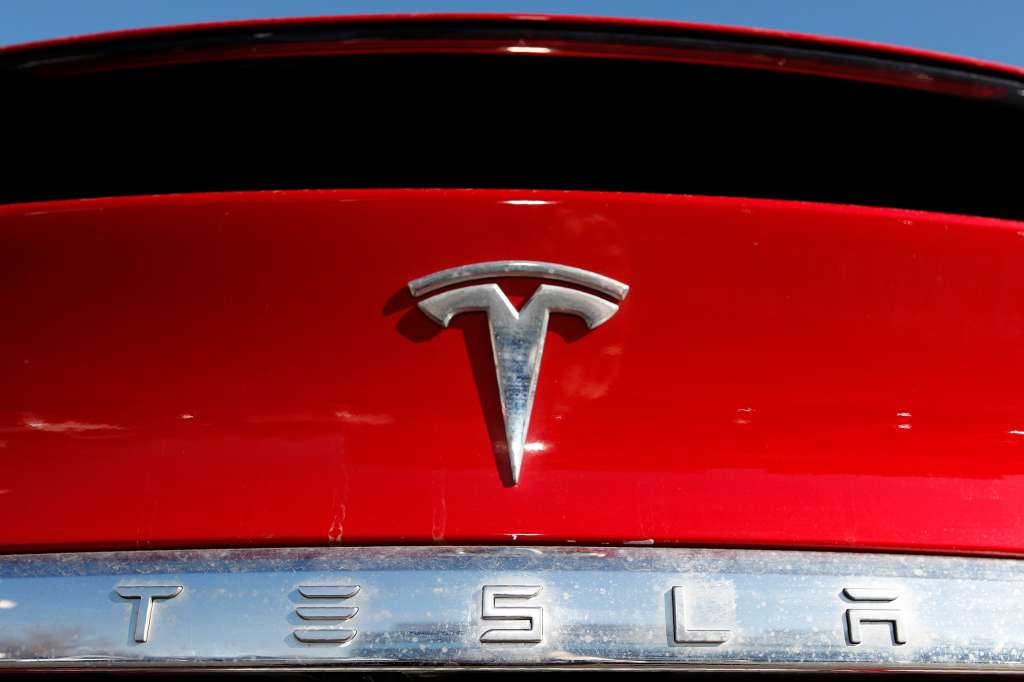DETROIT (AP) — U.S. highway safety investigators want to know why Tesla didn’t file recall paperwork when it updated its Autopilot software to better identify parked emergency vehicles.
In a letter to Tesla, the National Highway Traffic Safety Administration told the electric car maker Tuesday that it must recall vehicles if an over-the-internet update mitigates a safety defect.
“Any manufacturer issuing an over-the-air update that mitigates a defect that poses an unreasonable risk to motor vehicle safety is required to timely file an accompanying recall notice to NHTSA,” the agency said in a letter to Eddie Gates, Tesla’s director of field quality.
The agency also ordered Tesla to provide information about its “Full Self-Driving” software that’s being tested on public roads with some owners.
The latest clash is another sign of escalating tensions between Tesla and the agency that regulates partially automated driving systems.
In August the agency opened an investigation into Tesla’s Autopilot after getting multiple reports of vehicles crashing into emergency vehicles with warning lights flashing that were stopped on highways.
The letter was posted on the NHTSA website early Wednesday. A message was left early Wednesday seeking comment from Tesla, which has disbanded its media relations department.
NHTSA opened a formal investigation of Autopilot in August after a series of collisions with parked emergency vehicles. The investigation covers 765,000 vehicles, almost everything that Tesla has sold in the U.S. since the start of the 2014 model year. Of the dozen crashes identified as part of the probe, 17 people were injured and one was killed.
According to the agency, Tesla did an over-the-internet software update in late September that was intended to improve detection of emergency vehicle lights in low-light conditions. The agency says that Tesla is aware that federal law requires automakers to do a recall if they find out that vehicles or equipment have safety defects.
The agency asked for information about Tesla’s “Emergency Light Detection Update” that was sent to certain vehicles “with the stated purpose of detecting flashing emergency vehicle lights in low light conditions and then responding to said detection with driver alerts and changes to the vehicle speed while Autopilot is engaged.”
The letter asks for a list of events that motivated the software update, as well as what vehicles it was sent to and whether the measures extend to Tesla’s entire fleet.
It also asks the Palo Alto, California, company whether it intends to file recall documents. “If not, please furnish Tesla’s technical and/or legal basis for declining to do so,” the agency asks.
Tesla has to comply with the request by Nov. 1 or face court action and civil fines of more than $114 million, the agency wrote.
(Copyright (c) 2024 The Associated Press. All Rights Reserved. This material may not be published, broadcast, rewritten, or redistributed.)

